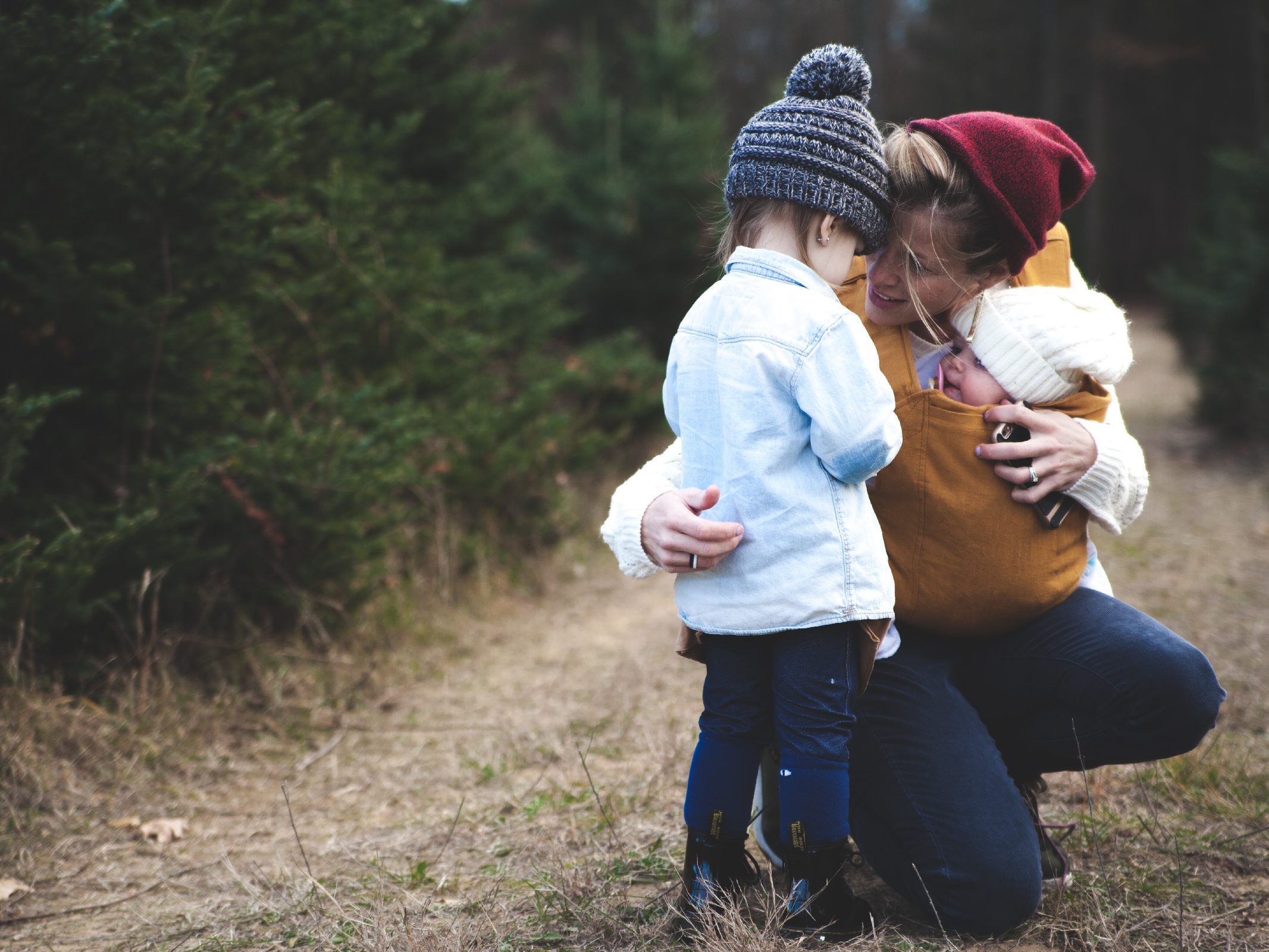We are hard wired to need connection. We have an innate need to feel safe with someone, that they can meet our physical and emotional needs. That we feel loved and that we belong.
This sense of connection has a huge impact on the emotional resilience of our children. There are many ways we can support the emotions of our child and strengthen connection too.
In times of overwhelm, we firstly we need to overcome our own triggers and self-regulate. This enables us to be present with our child and also allows us to model healthy emotion expression to them. Take a moment to consider what your personal triggers are. Perhaps it is being woken early in the morning or being interrupted when you are on the phone. Whatever it may be, it can be a worthwhile exercise to record this and write it down. Alongside each trigger, identify what feelings are coming up for you and what simple strategies could be referred to at these times. Perhaps this could be deep breathing or stating to your child “ I need a moments space right now, I will be back in five minutes” then taking a shower, or perhaps having affirmations to read. Whatever this looks like to you, my personal and professional experience has shown me that having something written down as a visual to refer to at such times supports emotion regulation when our brains are telling us otherwise.
Let us always remember this…
Experiencing a vast range of emotions is a normal human experience. It is also a normal human experience to, at times, have difficulty self-regulating such emotions, especially in times of life stress. This may mean we resorting to yelling or using threats, despite such behaviour not being in line with our core values. This quote has served as a reminder in such times;
“They aren’t giving us a hard time, they are having a hard time”
We can teach our children how to repair relationships by doing so ourselves. We can apologise to our children when our emotions take over and reconnect with them. This reconnection is so important. A child’s ability to independently self-regulate is directly impacted by their sense of belonging and connection they have with those closest to them.
Here are some simple ways to connect with your child;
– Meaningful dinnertime conversation; “what was the best/hardest part of your day”, “what would you like to do this weekend?”
– One-on-one time. Try to make this as regular as possible. Weekly is best but isn’t feasible for all families. Allow your child to select what you do in this time (within reason and budgets of course) and ensure you are truly present without distraction.
– Be playful – play with your children, be silly, dance, and laugh. Laughter releases endorphins, a hormone that fosters positive neural connection and strengthens relational connection too.
About The Contributor:
Prior to opening her store, Ark & Luna, Hannah was working as a counsellor with children and families, specialising in Play Therapy. Ark & Luna was born from the observations of children healing through play in a counselling setting as well as our families experience of connection and improved emotional wellbeing when we immersed ourselves amongst nature. Ark & Luna is an online store that provides families and educators with a beautiful collection of wooden and natural resources and the mission to provide children with a holistic childhood connected to nature.
Website: www.arkandluna.com.au
Facebook: https://www.facebook.com/arkandluna
Instagram: https://www.instagram.com/arkandluna/


